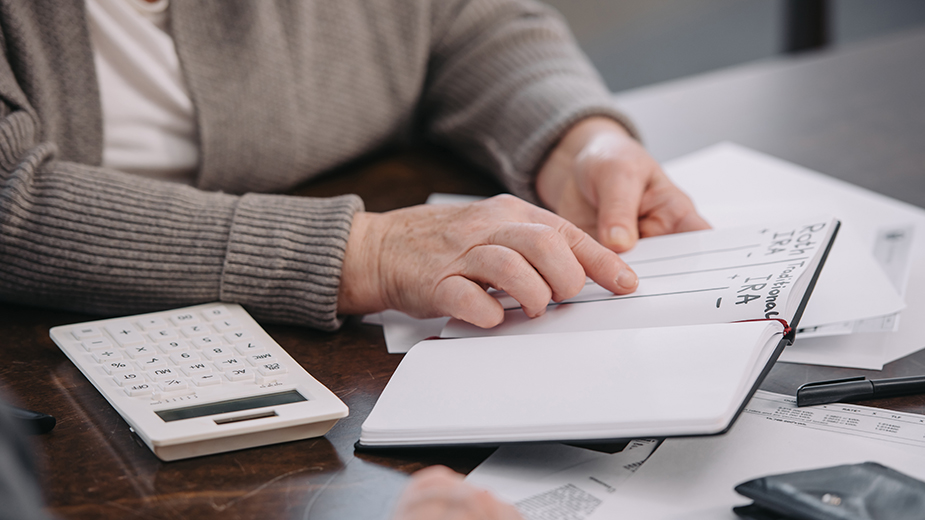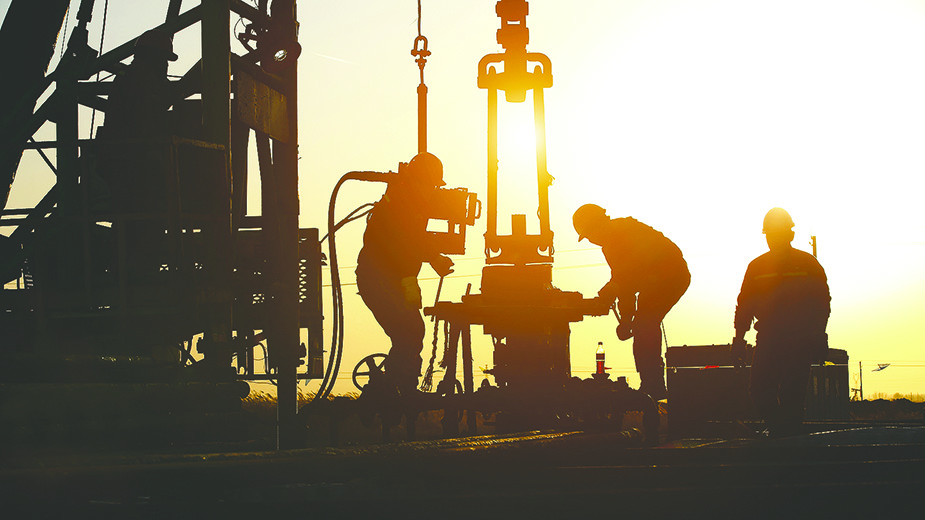The Coronavirus Litigation Wave
In the recent webinar I gave about COVID-19 legal issues when a business re-opens, I predicted the epidemic would mean a flood of litigation.
There were huge costs for those hospitalized and there was even a suggestion that certain coronavirus sufferers were going to need expensive lifetime treatment. Business contractual relationships were suddenly upended by the deadly virus as never before.
It was clear the courts were going to have to sort everything out.
The importance of companies shielding themselves from employee negligence claims by properly maintaining workers’ comp coverage was explained.
As far as customer claims, I noted the severity of the disease meant a business needed to show it had taken careful, well-thought-out safety measures to protect the public.
This was best demonstrated, I explained, by compliance with the standards put out by the Centers for Disease Control, the Ohio Department of Health and OSHA.
Our clients have tried hard to balance protecting the public and employees against the desire to keep the doors open and the public’s willingness to accept a certain amount of risk.
It is indeed fascinating to see how creative businesses have been in this regard. However, COVID-19 litigation is starting to flood the courts, with claims filed by workers, consumers, investors and many others.
Heads-up to businesses:
• Many cases are, indeed, being filed alleging failure to take adequate precautions to protect customers.
• Though historically workers’ compensation did not cover disability because of infection, cases are being filed by truck drivers, fast-food workers, employees of grocery stores, hospitals and others.
• A class action lawsuit was filed by a traveling nurse working for a medical staffing company alleging her employer failed to provide her with PPE.
• Cases are being filed under the Americans with Disabilities Act alleging companies are not providing reasonable accommodation for challenged workers.
• Lyft drivers have sued their company, claiming that its failure to pay sick leave forced drivers to work, even though ill.
• Banks are being sued for denial of access to Paycheck Protection Program support under the Cares Act, the allegation being only those businesses with established banking relationships were able to effectively apply for PPP and that this discriminated against those without them.
• Litigation is occurring under the federal Warn Act, which requires businesses of a certain size to
provide written notice before termination of employees.
Other types of cases include:
• Those against health care providers and nursing homes (a handful of states have enacted shield laws to protect the same).
• Securities litigation alleging improper statements about the impact of the virus on business operations.
• Cases against airlines, cruise lines, vacation providers for trip cancellation and failure to refund.
• Those demanding refund of membership fees where services have been curtailed.
• Those alleging false advertising of COVID-19 protection products.
• Insurance denial of coverage cases. (Note that insurance policies – business interruption insurance, casualty policies, etc. – typically exclude coverage for losses caused by “acts of God.” Be aware, though, that many policies, while excluding illnesses that are “fungal” or “bacterial,” do not specifically exclude “viral” ones.)
• Cases claiming price gouging of essential items during a pandemic.
Conceivably, there will be cases that allege both age discrimination and lack of accommodation, because older workers are disproportionately affected by the virus.
Furthermore, there will be many claims of racial discrimination because of the disparate impact of the epidemic upon minorities, who are heavily represented in the transportation, food and services industries deemed essential.
To summarize: If a business suffers an outbreak among its staff, it wants to demonstrate it followed reasonable protocols to protect its people. Similarly, it wants to put itself in a position that it has taken careful, well-thought out safety measures to protect the public. In spite of the many novel legal theories that will be put forth during this time of COVID-19, these will prove the best legal defenses.
Copyright 2024 The Business Journal, Youngstown, Ohio.



